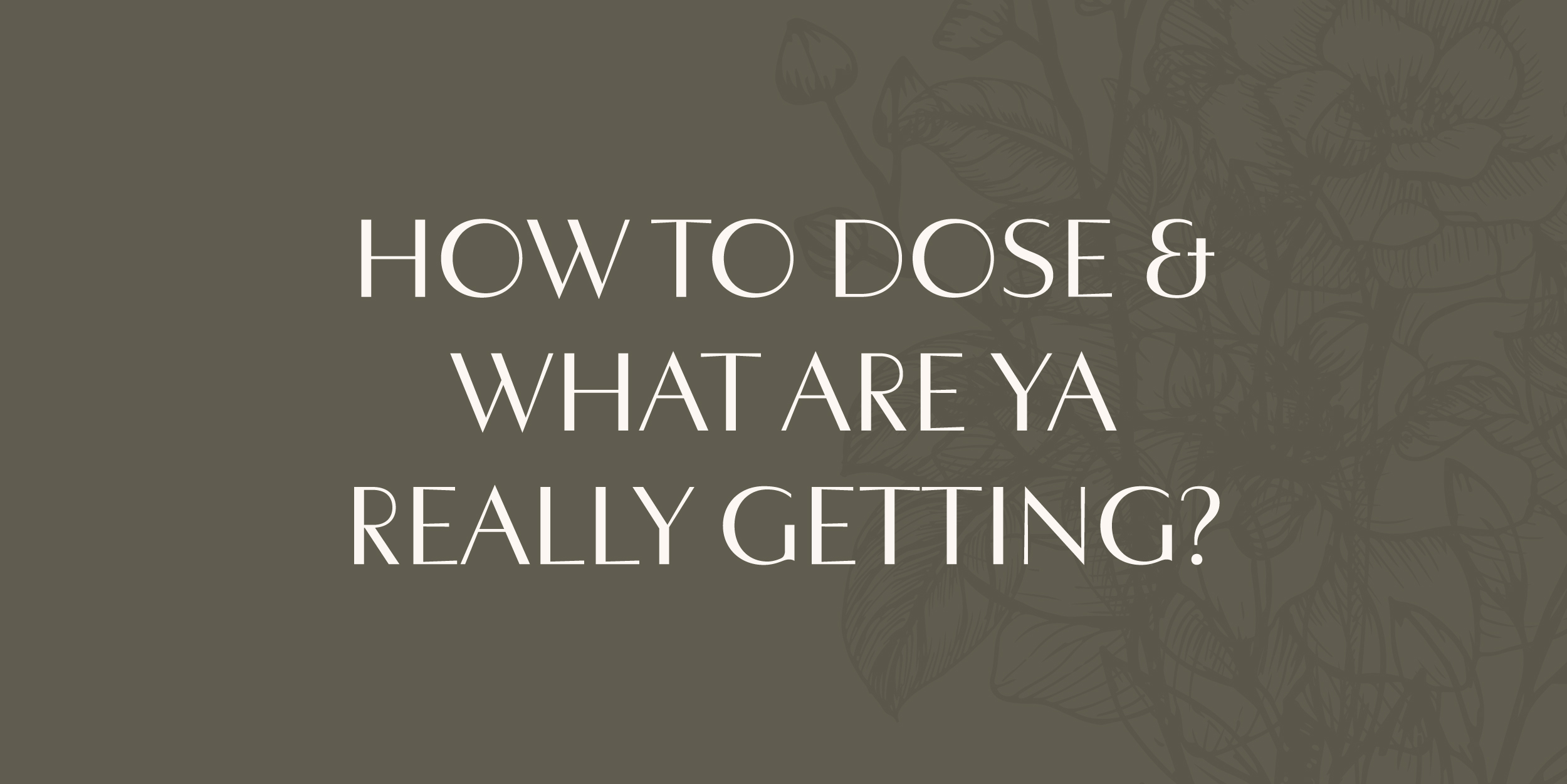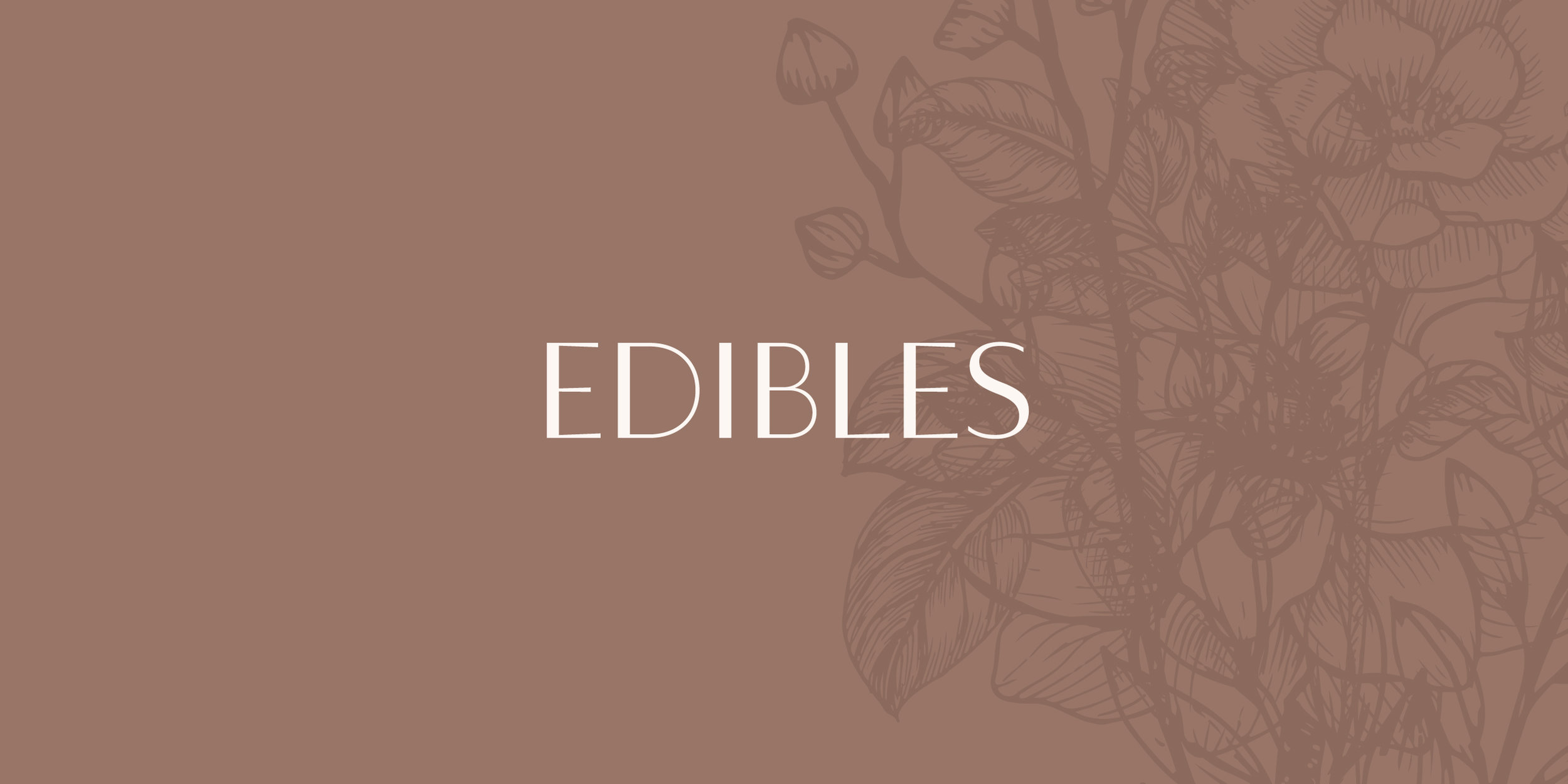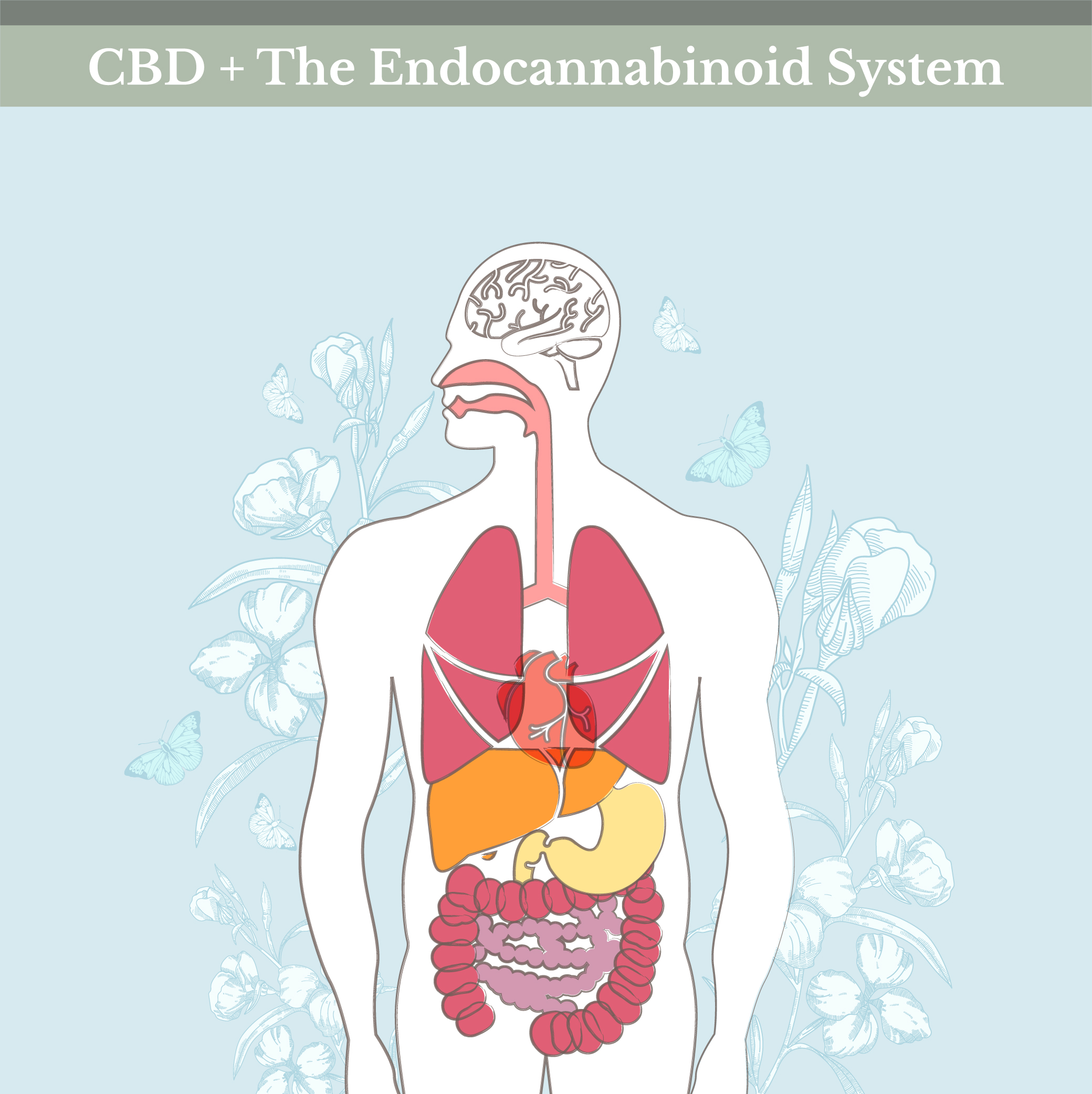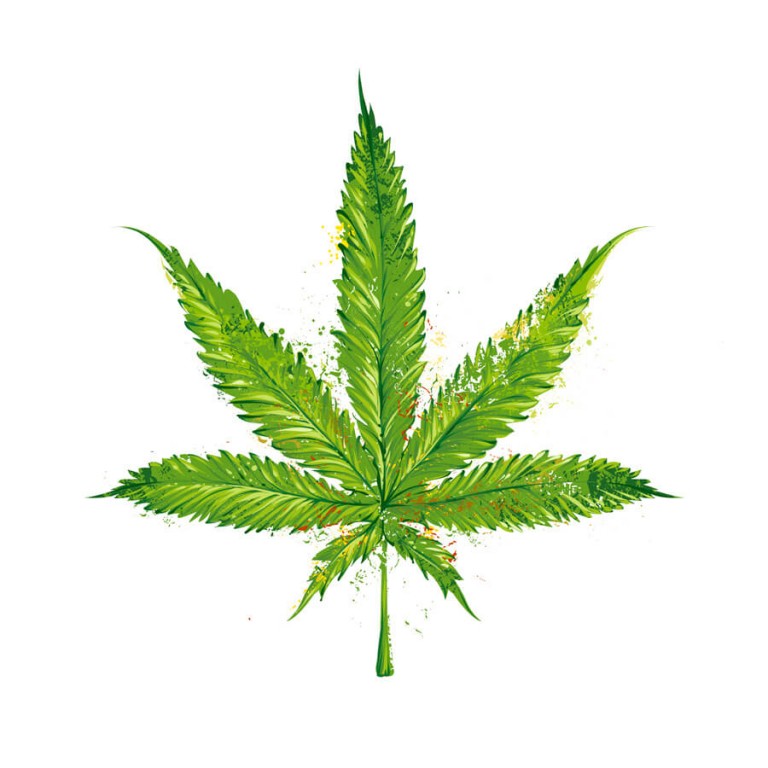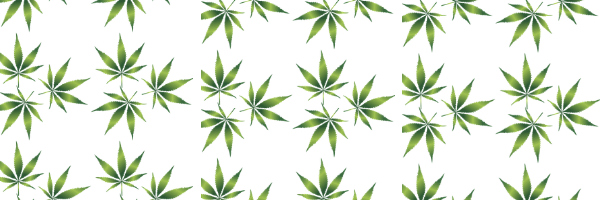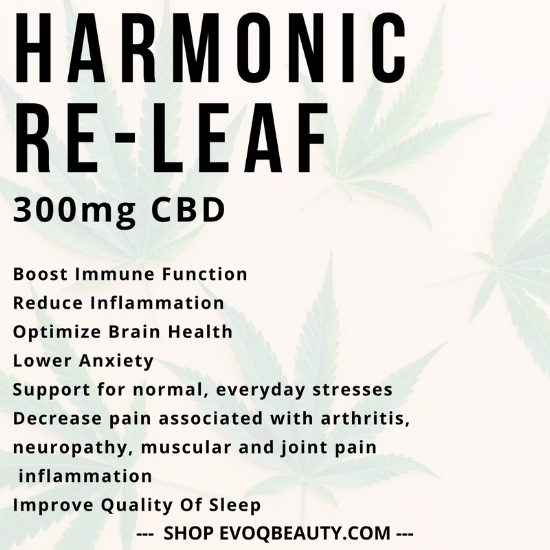Hi dear one!
As you know, I’m passionate about truth and transparency. As a skin care formulator, I’m weary of all the new “CBD skin care products” on the market. After formulating CBD rich topicals myself, I can analyze and recognize the watered down counterfeits on the market, and want the same for you.
So what’s all this jazz about CBD and skincare?
It’s ALL RIGHT HERE! Listen to this live webinar replay with Aliza, the CEO of Ellementa and yours truly.
**PS. Grab our 25% reduced price offer below for trusted, organic CBD.
Here are the cliff notes!
This awesome and informative video focuses on how CBD (cannabinoids) is a potent antioxidant, and when used topically- it is an easy, low-commitment way to bring new life support into your daily skin health routine.
Cannabis extracts are being added to skin and beauty products. Some of what is appearing on the market today is part of a trend, there are some ways cannabis – and particularly CBD – can be beneficial to you.
• Many products on the market contain Hemp Seed Oil and are now labeled as containing “cannabis sativa.” Technically, that is correct – Hemp is a version of the cannabis plant. But extractions from hemp seeds do not have the same properties as extractions of the hemp plant or cannabis sativa plant.
• Hemp Seed Oil benefits for skin include:
Contains linoleic acid and oleic acids, both helpful to skin health and can be taken internally
Reducing fine lines and wrinkles
Helping to prevent signs of aging
Good source of omega-3 and omega-6 fatty acids the help maintain healthy cells o Moisturizing/hydrating with protectant qualities via lipids/fats
• Products that contain Cannabidiol or CBD can be useful in reducing inflammation, swelling, irritations and acne and also preventing it.
• Terpenes found in cannabis can also be helpful to reduce inflammation. The terpenes known to have anti-inflammatory properties include: Caryophyllene, Alpha-pinene and Beta-pinene, Alpha-bisabolol (anti-irritation and analgesic properties), Humulene, and Myrcene. Linalool is an anti-microbial and antifungal.
• Cannabis and CBD can be used internally to reduce systemic-wide inflammation and address auto-immune conditions that present on the skin such as eczema, psoriasis and contact dermatitis.
• Topicals with cannabis or CBD can only penetrate a few layers of skin but can be useful to reduce inflammation that is closer to or on the skin’s surface.
• Transdermals are formulated to penetrate more deeply and can address bigger health issues that affect the skin including systemic inflammation and autoimmune disorders. Transdermals contain an “accelerant” to promote absorption and could include terpenes such as Limonene or Oleic Acid.
• Taking cannabis or CBD internally can address deficiencies in your Endocannabinoid system which in turn can promote healthier skin.
3 Takeaways
1. A healthy Endocannabinoid System can result in healthier skin and hair (scalp). Cannabis can nourish your ECS.
2. Topicals affect only a few layers deep into your skin – good for surface conditions.
3. Transdermals and taking cannabis or CBD internally can have address more systemic issues that could be affecting your skin.
3 General Tips
1. When using cannabis or CBD externally, do a patch test first to make sure you don’t have an adverse reaction. If taking internally: Start low, go slow.
2. Keep a journal of symptoms, what you try, and effects over time.
3. Look to address not just surface skin health but the underlying conditions that could be presenting as skin issues by taking a suitable cannabis product as a supplement as part of your regular health routine
Thanks for listening!
Shop Organic, GMP and ISO Certified Activated CBD today!
Evoq promises transparency and the highest level of ingredients that are consistent in every bottle.
Use the code “ AWAKEN “ for 25% OFF your first order!
About Your Hosts



